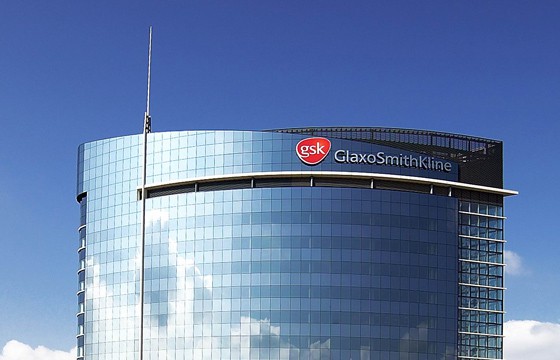
GlaxoSmithKline is out in front among efforts to develop a new vaccine against tuberculosis, but has decided it won’t take the candidate forward by itself.
The UK drugmaker has instead licensed the M72/AS01E vaccine to the Bill & Melinda Gates Medical Research Institute, saying that will accelerate its development for low-income countries that bear the brunt of TB infections.
Under the terms of the licensing deal, the Gates MRI will lead vaccine candidate development and sponsor future clinical trials, while GSK will provide the AS01 adjuvant used in the vaccine.
According to the World Health Organization (WHO), TB remains one of the top ten causes of death worldwide, with around 10 million new cases of the infection reported in 2018 and 1.5 million deaths, including around 250,000 people with HIV. It kills more people than any other infectious disease.
Mortality rates have been in decline since 2000, but the emergence of antibiotic-resistant strains of the TB bacterium have made the need for a new vaccine increasingly pressing.
Last year, a phase 2b trial of M72/AS01E showed that the vaccine had around 50% efficacy in preventing pulmonary TB disease in adolescents and adults, something which the current BCG vaccine cannot achieve.
BCG has been used for decades as a TB vaccine and while it has been shown to prevent severe TB disease in infants and young children, it provides limited protection in older people, who accounted for 89% of people who fell ill with TB in 2018.
The study showed that out of 3,573 HIV-negative adults between the ages of 18 and 50 years who received M72/AS01E or placebo, 13 participants in the vaccine group developed pulmonary TB compared to 26 participants in the placebo group.
The hope is that the vaccine could help contribute to the WHO’s objective of target of decreasing the number of new TB cases by 90% – and the number of TB deaths by 95% – between 2015 and 2035.
Explaining the decision to license out of the vaccine, GSK’s head of global affairs – Philip Thomson – said: “for us, this type of alliance means we can take a more sustainable approach to global health.”
It allows GSK to focus on science and research, “while partnering with others to ensure their development and delivery”, he added.
Vaccines research is still very much a core component of GSK’s R&D strategy, and its position in this area was expanded when it acquired Novartis’ vaccines portfolio in an asset-swap deal in 2014. It’s in-house R&D in this area is focused on vaccines against respiratory syncytial virus (RSV), bacteria that contribute to chronic obstructive pulmonary disease (COPD) and a new meningitis short, amongst others.
GSK said in its last quarterly update that it expects some pressure on margins in the business in future, however, which may explain the decision to spin-out the TB vaccine in favour of focusing its resources on other projects.




